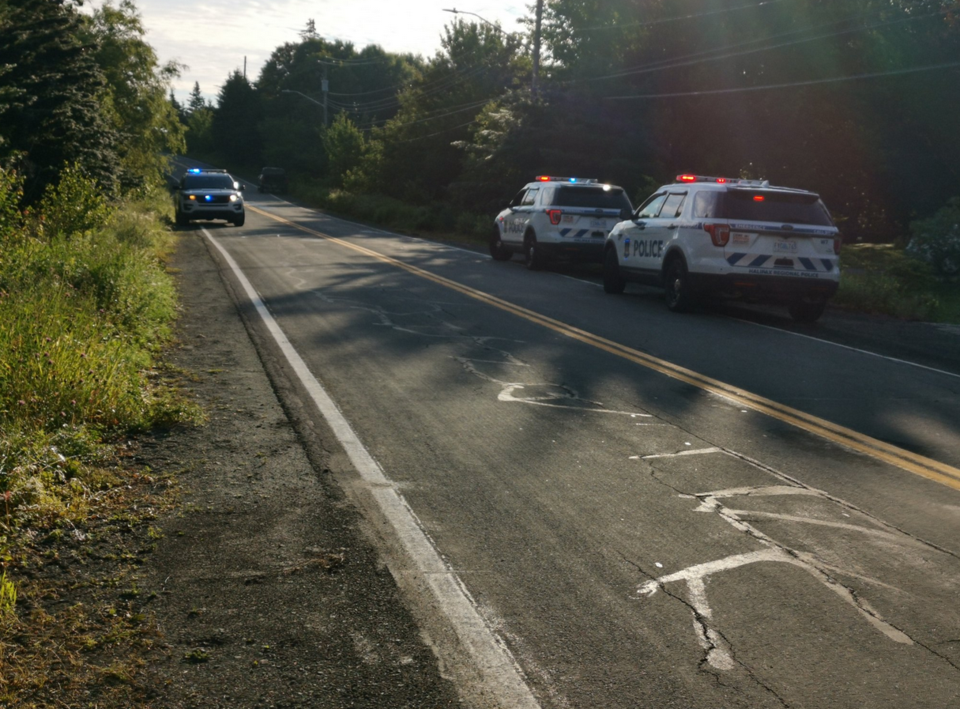Cycling season is just getting underway in Boulder County and a truce between bicycle riders and motorists seems to be holding, a Boulder County Sheriff’s deputy recently said.
A persistent public education campaign about how to share the road peacefully could be the reason behind the cease of hostilities between the ancient rivals, Sgt. Clay Leak said via email.
Leak said complaints generated between cyclists and drivers are not parceled out from other traffic complaints, so there is no empirical evidence the two sides are getting along.
Still, “anecdotally, it seems like last year, or perhaps the last couple of years, I don’t recall hearing very many substantiated complaints about cyclists,” Leak said. “Whether that’s due to less vehicles on the road due to COVID, or better educated motorists and cyclists, is hard to say.”
Sheriff’s deputies have developed a closer working relationship with representatives of the cycling community and have been working to get both the motoring and cycling public educated on the rules of the road, Leak said.
“Our mission is safer roads for all users and we do that through education (preferred) and enforcement (as necessary) as well as consulting with County Public Works on traffic engineering,” Leak said. Two groups — Bicycle Colorado and Cyclists 4 Community — are especially involved in public education campaigns about motorist and cyclist safety, Leak said.
Bicycle Colorado, he said, “puts on a great webinar on bicycling laws.”
Since launching its Bicycle-Friendly Driver program in 2018, Bicycle Colorado has certified 7,000 drivers including fleet drivers, government staff and the general public across the state. The program has been carried by the city of Fort Collins, Bike Colorado Springs and the Colorado Department of Transportation, said Maureen McCanna, education and safety director for Bicycle Colorado, via email.
The program is partially funded through the National Safety Council and is taught through a motorist’s lens, McCanna said. The 1.5-hour, interactive course aims to make roads safer by covering laws and safe practices for motorists and bicyclists, she said.
The course teaches how to navigate on-street bicycle infrastructure and how to avoid common crashes, she said.
Drivers who take the course find there are “huge gaps” in knowledge of traffic laws related to cyclists, McCanna said. “As a group we like to point out that cyclists are navigating an environment that is not built for us and when we break the law it is often because we have to save our own lives,” she said.
The course also emphasizes that some people are riding their bikes because they cannot afford a vehicle, she said.
“We are not standing on a soap box, saying people should not drive,” McCanna said. “We are just trying to generate a little empathy for cyclists.”


